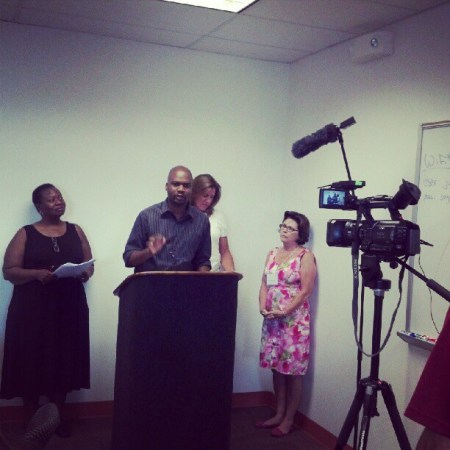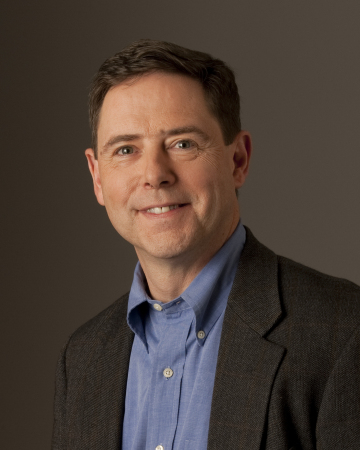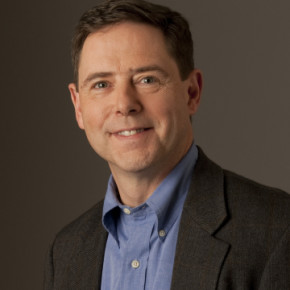Title V Summer Institute Nurse Messenger Media Training
On July 17th I attended the Title V Summer Institute Media Training Workshop held at the Hudson County Community College Culinary Arts/Conference Center in Jersey City, presented by Barbara Glickstein and Dr. Kenya Beard. This program was a series of workshops aimed at improving diversity in nursing and in classrooms, retaining students from Hispanic and Latino communities, and helping to mentor them in study skills, test taking, and leadership. Only 1.7% of nurses in America are Hispanic or Latino, and the purpose of the Title V grant is to increase this percentage so that it may be proportional to the percentage of Hispanic and Latino patients in hospitals. The purpose of this specific workshop, called Nurse Messenger Media Training, was to teach foundational media skills, so that attendees would leave knowing how to address the media in a way that clearly expresses why diversity in nursing is essential, as well as how to share several key points during a short interview, and also how to capture the targeted audience. The workshop, a series of interactive, engaging, and educational activities, was definitely successful, as attendees left saying how much more confident they felt now and how they were camera-ready. Attendees had the opportunity first to learn about why addressing the media effectively is crucial in achieving their goals, and then to practice addressing the media- first in mock television interviews and then in mock press releases- after articulating the key points they wanted to express as well as the audience they wanted to reach. Although participants in the program were wary at first of being put on the spot and having to watch themselves on TV after having their mock interviews, they soon realized how fun and empowering having a media presence can be, and everyone left seeming ready to head to the newsroom for a real televised interview.
On July 17th I attended the Title V Summer Institute Media Training Workshop held at the Hudson County Community College Culinary Arts/Conference Center in Jersey City, presented by Barbara Glickstein and Dr. Kenya Beard. This program was a series of workshops aimed at improving diversity in nursing and in classrooms, retaining students from Hispanic and Latino communities, and helping to mentor them in study skills, test taking, and leadership. Only 1.7% of nurses in America are Hispanic or Latino, and the purpose of the Title V grant is to increase this percentage so that it may be proportional to the percentage of Hispanic and Latino patients in hospitals. The purpose of this specific workshop, called Nurse Messenger Media Training, was to teach foundational media skills, so that attendees would leave knowing how to address the media in a way that clearly expresses why diversity in nursing is essential, as well as how to share several key points during a short interview, and also how to capture the targeted audience. The workshop, a series of interactive, engaging, and educational activities, was definitely successful, as attendees left saying how much more confident they felt now and how they were camera-ready. Attendees had the opportunity first to learn about why addressing the media effectively is crucial in achieving their goals, and then to practice addressing the media- first in mock television interviews and then in mock press releases- after articulating the key points they wanted to express as well as the audience they wanted to reach. Although participants in the program were wary at first of being put on the spot and having to watch themselves on TV after having their mock interviews, they soon realized how fun and empowering having a media presence can be, and everyone left seeming ready to head to the newsroom for a real televised interview.







